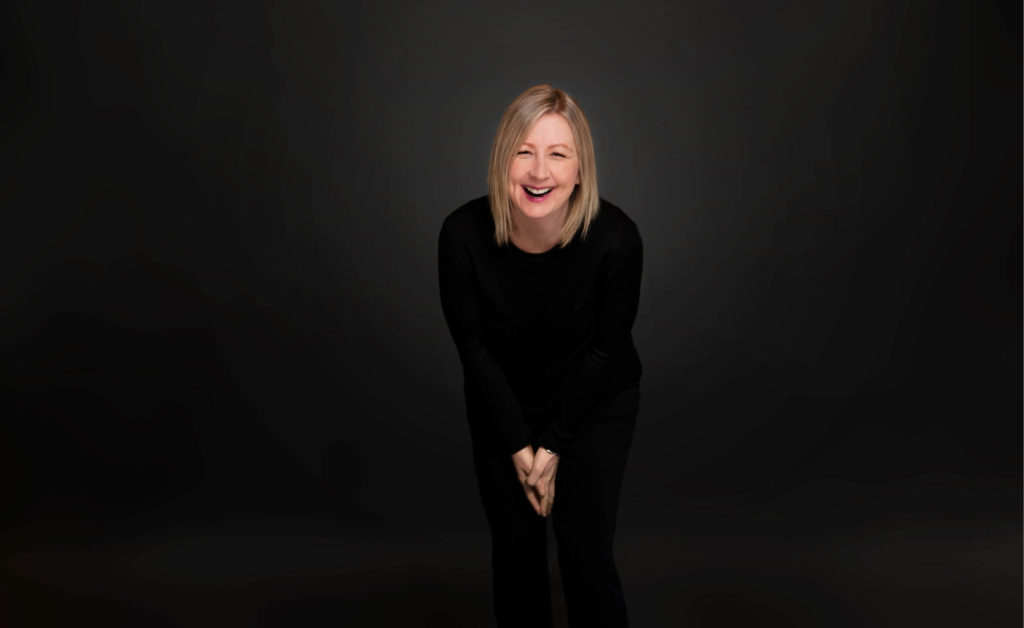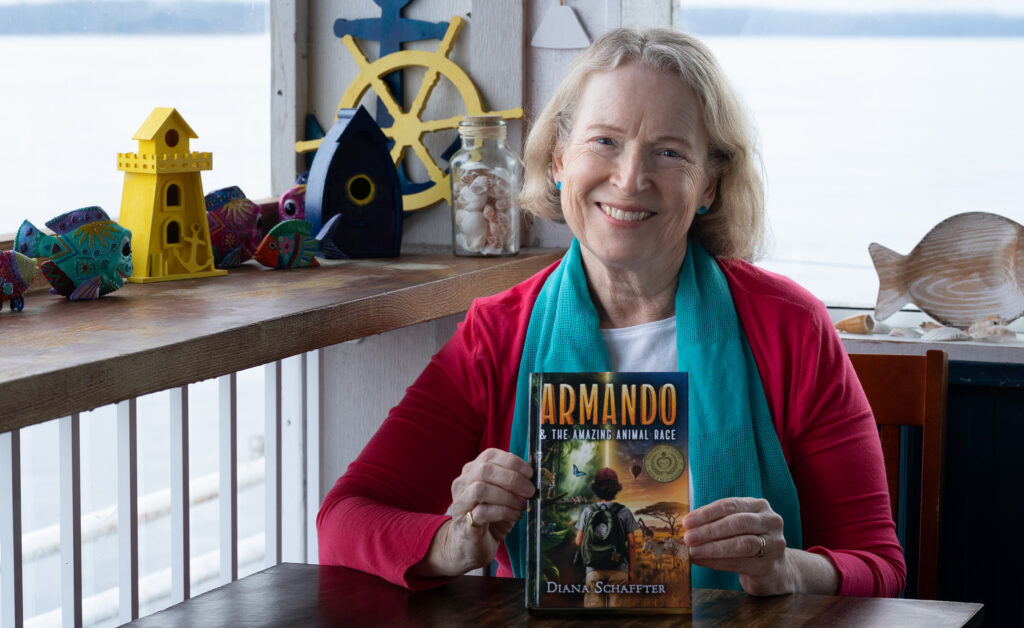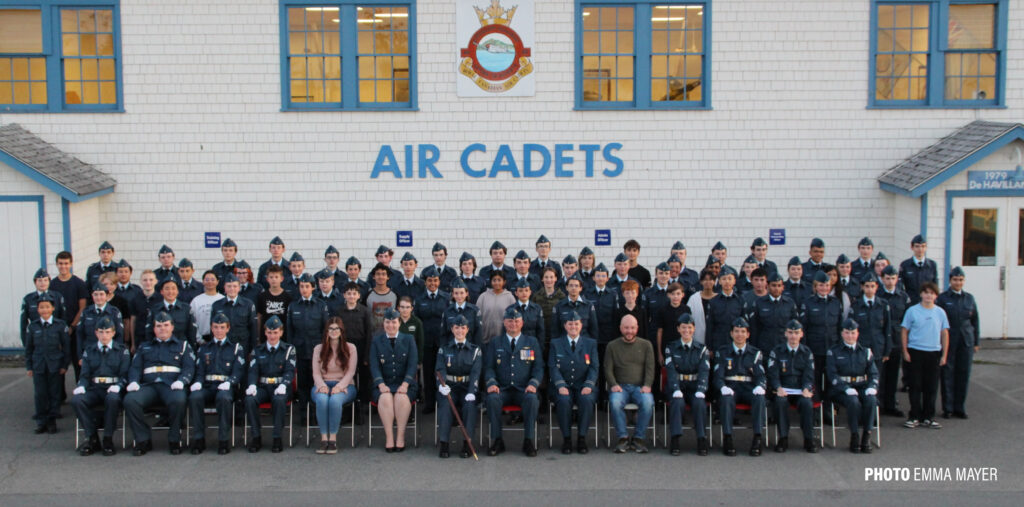by Emily Olsen, The Connection Project –
These past two years have brought increased awareness to mental health; however, isolation, uncertainty and the growing need for improvements to mental well-being are at the forefront of many overdue conversations. Understanding this requirement is integral to the health of families, schools and communities. Many have expressed the need for meaningful discussions surrounding mental illness, but unfortunately for too long, stigma and discomfort have prevented the exacting change so desperately needed.
As someone with lived experience, I know all too well how debilitating isolation and shame can be. If it weren’t for the compassion and attentiveness of my doctor, friends and family, the outcomes of my life could have easily resulted in tragedy. When in crisis in 2001, I was lucky to have a doctor willing to show up in the middle of the night at the psychiatric emergency department to advocate for me, be blessed with a sister who knew something wasn’t “quite right,” and have a mother prepared to stand by me through it all. And that was only the beginning. Since that hospital stay, there were years worth of trials and tribulations as I sifted and sorted the personal challenges of my particular disease. I managed it because I knew I wasn’t alone.
But not everyone can reach out, and many suffer in silence – some without families or friendships, most without doctors. Moreover, the invisible nature of mental health has made it considerably difficult for so many to navigate a better reality for themselves. The complex manifestations of mental illness cause feelings of unworthiness and defeat, making it nearly impossible to articulate personal inner turmoil and resulting in loneliness and despair.
It can be incredibly disempowering when a person experiences acute or long-lasting mental health challenges; however, there are many reasons not to give up hope. As the founder of the Connection Project, I have heard countless stories of overcoming adversity, resilience, and miraculous outcomes from people with first-hand experiences. In addition, I have witnessed the brilliance of precious individuals navigating one-of-a-kind journeys in the search for autonomy: each one determined to heal. There is great wisdom to learn from their experiences, and I am continually grateful for those who can and choose to share their stories courageously.
“What can I do to help?” people often ask me. My answer is always: to listen. Be human. Sit. Stay a while. I tell people I love them all the time and without hesitation. It comes from remembering my own desperate longing for loving kindness and acceptance. People need to hear they are loved, feel it, and know they are in a space void of judgment or ridicule. So let go of the awkwardness that prevents this. When someone is vulnerable, we can help them by letting them know we acknowledge them. Solutions and advice can come later. Perhaps all that’s required of us is to be a shoulder to cry on or a silent companion holding a light in the darkness. Start there. Be that person for someone. You might very well be the exact thing they needed.




